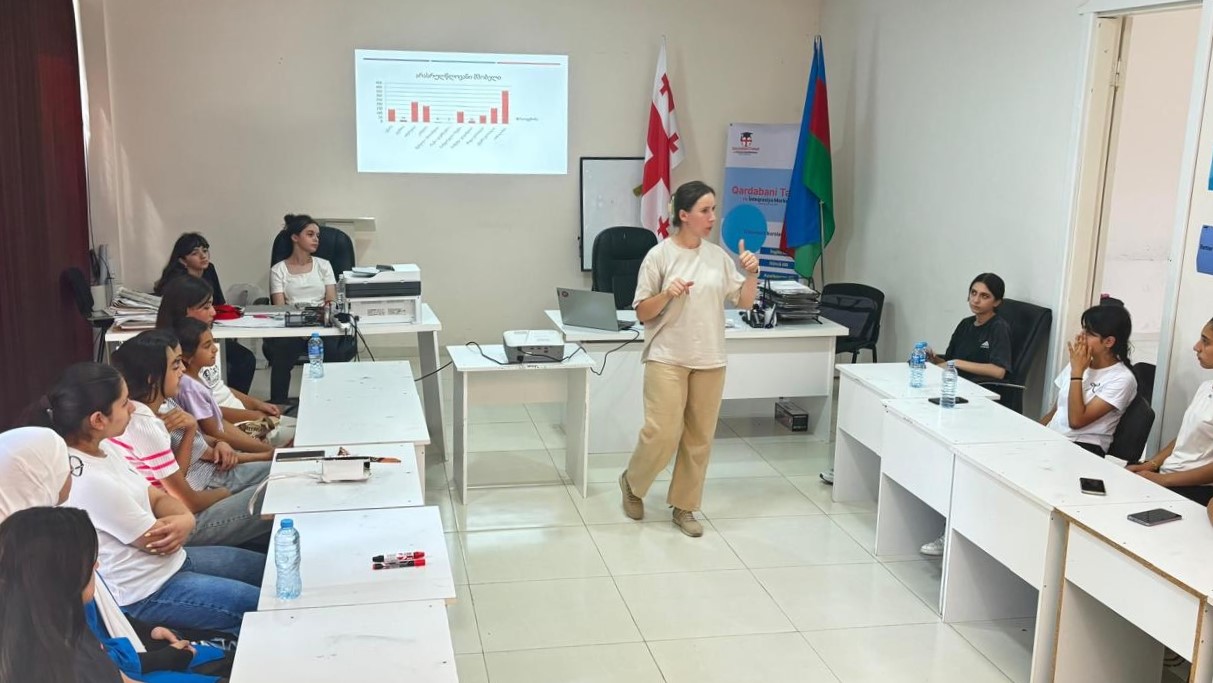By Bamidele Ogunwusi
Copyright independent

LAGOS: Nigeria’s fast-expanding digital economy is poised to deliver a multi-billion-dollar windfall by the end of the decade, with e-commerce alone projected to exceed $16 billion by 2030, according to the Lagos Business School (LBS).
The forecast underscores the transformative impact of technology on Africa’s largest economy and highlights the urgency of creating policies that harness this momentum for sustainable growth.
The projection was unveiled at the 35th annual conference of the Finance Correspondents Association of Nigeria (FICAN) in Lagos, themed “Bracing for the Digital Economy in Nigeria: Taxation, Banking and Finance.”
Speaking on behalf of LBS Dean Professor Olayinka David-West, Professor Akintola Owolabi of the school’s Department of Cost and Management Accounting described the theme as “timely and vital for Nigeria’s sustainable development.”
David-West stressed that Nigeria must embark on a transformative digital journey to redefine its economy and significantly improve citizens’ quality of life.
“This digital revolution transcends statistics; it reshapes commerce, services, and livelihoods,” she said. “Our burgeoning e-commerce market, projected to exceed $16 billion by 2030, is fuelled by trailblazing platforms like Jumia and Konga.”
Beyond the big retail names, she pointed to innovative logistics firms such as Kwik and GIGL, which have created entirely new value chains. By enhancing delivery efficiencies and expanding economic opportunities, these startups illustrate how digital technology can spur job creation, diversification away from oil dependence, and improved service delivery across sectors.
Nigeria’s youthful, tech-savvy population is a key driver of this transformation. The Nigerian Communications Commission (NCC) reported in 2024 that internet penetration reached 43.5 per cent, representing more than 163 million active users. The telecommunications sector now contributes roughly 18 to 20 per cent of GDP, making information and communications technology (ICT) one of the country’s most powerful growth engines.
The financial sector, both a catalyst and a beneficiary of digital adoption, continues to attract significant capital.
“In 2024, Nigeria’s fintech ecosystem drew over $2 billion in investments, sustaining our position as the continent’s financial technology powerhouse,” David-West said.
Banks are racing to stay ahead. Leading institutions such as Access Bank and GTBank are deploying Artificial Intelligence (AI) and Machine Learning (ML) to strengthen fraud detection, personalise services, and refine credit scoring. AI-enhanced customer support is becoming standard practice, reflecting how digital tools are reshaping customer experience and risk management.
But rapid innovation also raises complex fiscal questions. David-West noted that the government has already taken steps to capture new revenue streams. Since January 2022, Nigeria has applied a six per cent Digital Services Tax (DST) on non-resident digital service providers, complementing the existing Value Added Tax on foreign digital services.
Other measures, such as the electronic money transfer levy, which charges N50 on bank transfers of N10,000 and above, have become valuable revenue sources. Digital payments and mobile money services, she argued, can help formalise Nigeria’s vast informal sector, improve tax compliance, and integrate more businesses into the formal financial system.
“Seamless digital payment systems facilitate efficient tax collection, broaden financial inclusion, and provide critical data for evidence-based policymaking,” she said. However, she warned that regulators must carefully balance innovation with consumer protection, especially as new technologies outpace traditional oversight.
Despite the progress, significant barriers remain. Persistent infrastructure deficits—particularly unreliable electricity supply and limited broadband coverage in rural areas—continue to constrain participation in the digital economy.
Equally pressing is the shortage of digital skills, which threatens to leave many Nigerians behind. David-West called for comprehensive investments in education and training to ensure that the workforce can seize emerging opportunities.
Encouragingly, she noted that the Central Bank of Nigeria’s regulatory sandbox provides a controlled environment for fintech experimentation, fostering innovation while maintaining oversight.
The conference brought together key stakeholders, including representatives of the Federal Inland Revenue Service (FIRS), the Central Bank of Nigeria (CBN), and major banks, to shape Nigeria’s digital roadmap.
FICAN Chairman Chima Titus reinforced the urgency of the task. “Globally, the digital economy has evolved from being merely a promising frontier to a critical backbone of modern growth,” he said. “In Nigeria and across Africa, we stand on the brink of a significant transformation driven by data, digital payments, artificial intelligence, and cross-border innovation.”
The ICT sector contributed 18.3 per cent to GDP in Q2 2025.
Digital payment transactions surpassed N600 trillion in the first half of 2025, a 22 per cent year-on-year increase.
Mobile money usage has exceeded 73 million accounts, reaching rural communities that were previously excluded.
To capitalise on these trends, the CBN has launched the Payment System Vision 2020, a blueprint incorporating AI, blockchain settlements, and cross-border payments enabled by the African Continental Free Trade Area (AfCFTA). “No robust digital economy can flourish without an equitable and effective tax framework,” Titus added.
The combined insights from academics, regulators, and industry leaders point to a clear conclusion: Nigeria is on the cusp of a digital revolution with far-reaching economic implications.
If the country can overcome infrastructure bottlenecks, expand broadband access, and equip its workforce with the right skills, the projected $16 billion e-commerce market by 2030 could just be the beginning. A fully digitised economy promises diversification beyond oil, millions of new jobs, and stronger revenue streams for government.
As David-West observed, Nigeria now faces a pivotal choice. “The interconnection of digital transformation across banking, finance, and taxation is a powerful catalyst for economic growth,” she said. “Nigeria stands on the brink of a digital revolution that has the potential to redefine its economic landscape and significantly uplift the quality of life for its citizens.”



